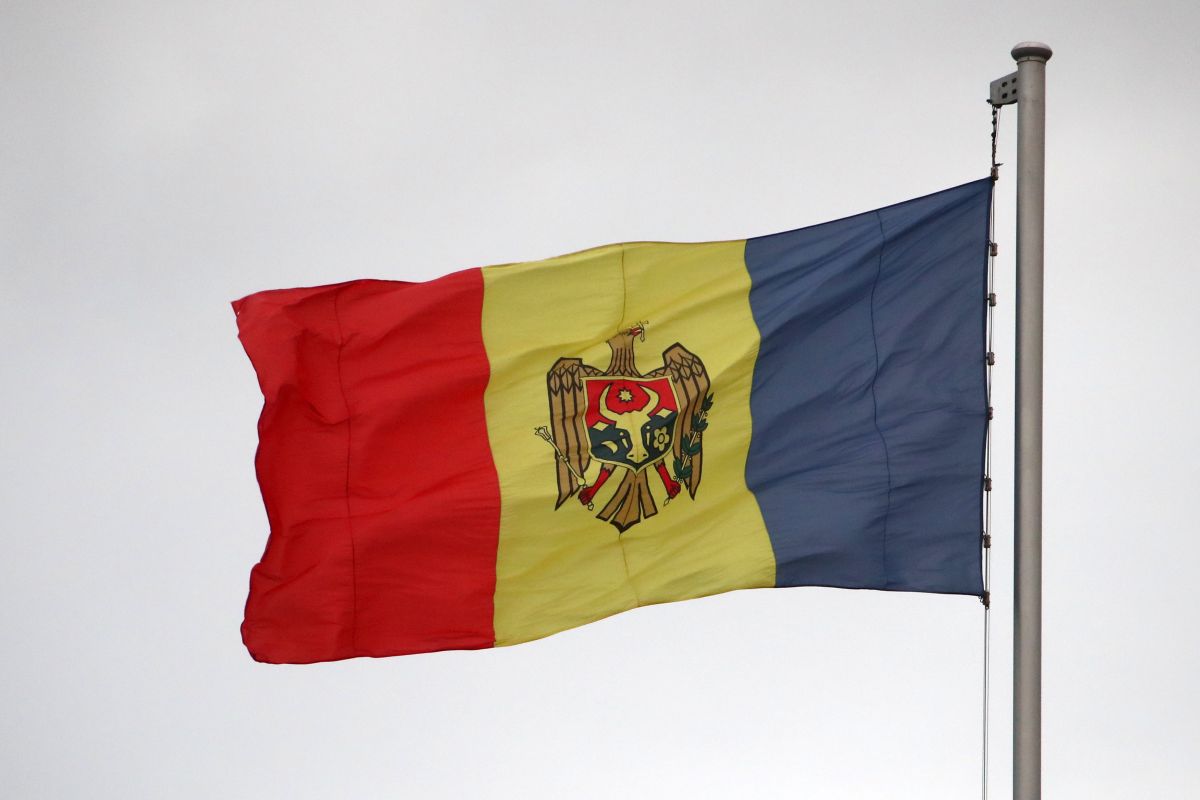Moldova's Reaction to the Russian Invasion on Ukraine
Moldova unequivocally condemned the Russian invasion of Ukraine and declared its readiness to help refugees. The authorities of the separatist Transnistria, bordering Ukraine, have assured of their peaceful intentions. However, the Russian troops stationed on its territory are beyond their control, which raises concerns that the area may be drawn into the war. Moldova has little to give to support the EU and U.S. actions towards Russia and may need help itself. Poland and its partners from the EU and NATO can help bolster Moldova’s defence and crisis-management capabilities.
 Fot. Valery Sharifulin/TASS/Forum
Fot. Valery Sharifulin/TASS/Forum
How have the Moldovan authorities and opposition reacted to the Russian invasion of Ukraine?
President Maia Sandu and the cabinet of Natalia Gavriliţa of the pro-presidential Party of Action and Solidarity condemned the Russian invasion. The opposition pro-Russia parties of the Electoral Bloc of Communists and Socialists have accused the authorities of being biased to the “situation in Ukraine” and in violation of the neutral status of Moldova, and further, of supporting annexation by Romania. Former pro-Russia President Igor Dodon, who is informally the patron of Electoral Bloc, called on the authorities to remain neutral and to maintain good relations with all parties. Before the Russian attack, the Bloc blamed the West for the growing crisis. The populist Şor Party has not taken a position. All parties supported the introduction from 24 February of a state of emergency in Moldova.
What actions have the Moldovan authorities and society been taking?
Moldova has not joined the Western sanctions for fear of Russian retaliation, which could affect in particular its energy sector. The authorities have created two reception centres, simplified border procedures, and called on citizens to help refugees from Ukraine, of which 30,000 of the 70,000 who have crossed the border remain in Moldova. The state of emergency allows the government to ban the export of wheat and sugar from 1 March, which is intended to help the authorities calm fears of a lack of basic goods in shops. In addition, Moldova’s Security and Intelligence Service blocked three online portals, including sputnik.md, a Russian website that spreads disinformation and hate speech against Ukraine. For security reasons, Moldova suspended all air traffic over its territory and also introduced a temporary but compulsory administrator of the Russian company that runs the airport in Chişinău.
What threat does Transnistria pose to Ukraine’s security?
Some of the Ukrainian forces are engaged in protecting the 454 km-long border with Transnistria. Given Russia’s protection of the region, it is beyond Moldovan control. This status enables the ruling oligarchy to profit from trade: about 60% of it is generated by Moldova, the EU, and Ukraine, while 30% is with Russia. Transnistria’s leader, Vadim Krasnoselsky, assured that forces from the breakaway region would not attack Ukraine. However, this cannot be ruled out given the situation of the Russian siege of Odesa because Russia controls the region’s forces, including Transnistria’s interior ministry troops and public security forces, which number altogether about 5,000-7,000 strong. The Russian “peacekeeping” battalions and two mechanised battalions are also stationed there and number 1,500 to 2,000 soldiers. Their combat value is limited by a lack of supplies and replenishment from Russia as a result of a Ukrainian blockade from 2014. That is why they have recruited locals. However, the inhabitants of Transnistria—of whom 26% are ethnic Ukrainian—have close interpersonal contacts with Ukraine and are unlikely to be willing to fight against it.
What support does Moldova need?
Due to the weakness of its economy and state structures, Moldova may need financial and logistical support from EU partners to accept refugees from Ukraine. Lithuania has already offered €750,000. The Moldovan authorities, citing information from Western partners, assure that the country is not threatened by a Russian invasion; however, they have increased the readiness of their own peacekeeping units stationed in the security zone around Transnistria. Moldova’s ability to counter the potential Russian threat is limited. Its army and carabinieri number about 5,000-6,000 and are poorly armed—they do not have combat aviation or tanks. Poland and its allies could offer Moldova weapons and equipment that would increase its defence capabilities, as well as equipment for civil protection.


